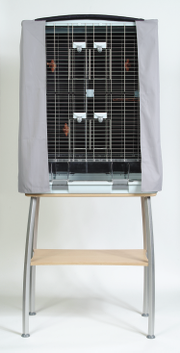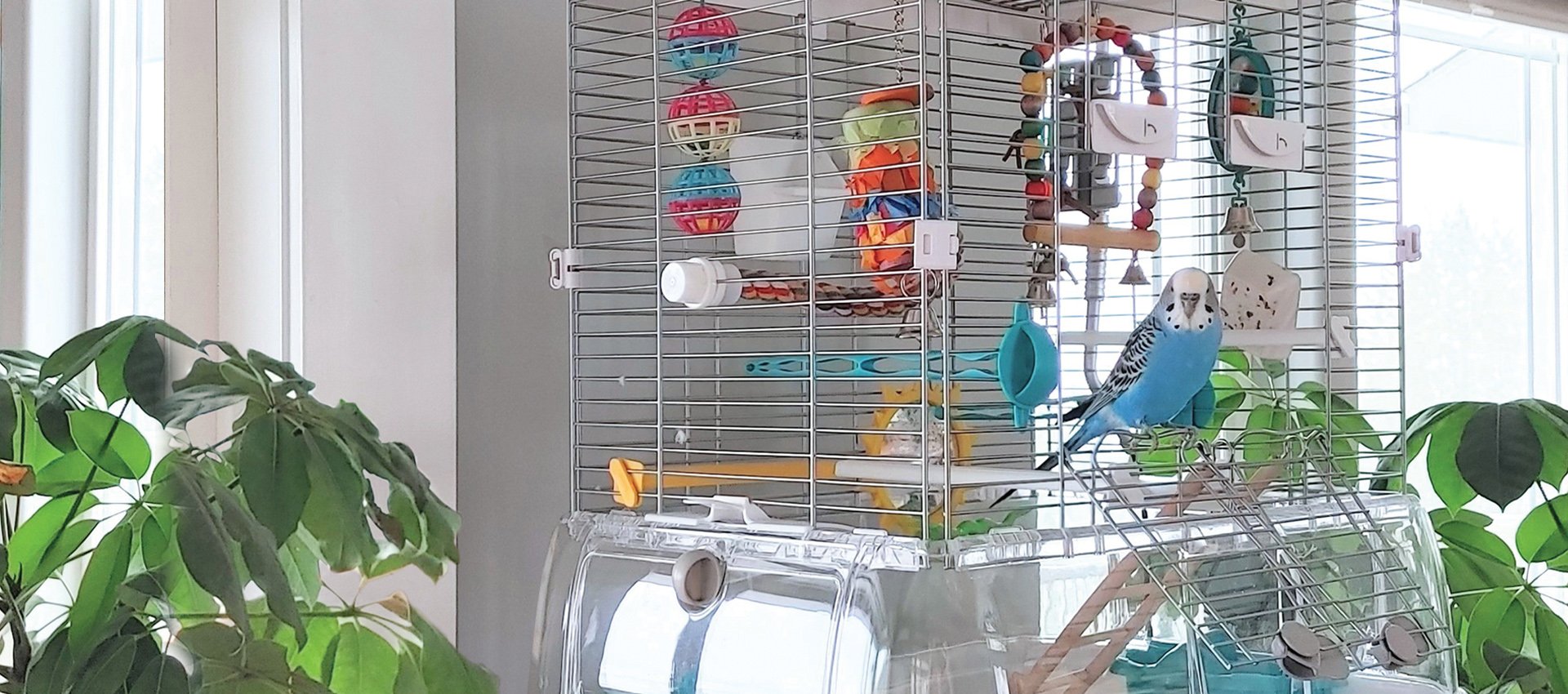Your cart is currently empty!

HARI Official Brand Site

Welcome back to a continuation of HARI & Parrot Life series Versatile Living Quarters and Lifestyle for Your Parrot,a study of how this can benefit a long lasting relationship with your avian companion.
In part 1 and part 2, we discussed some of the concerns about sharing a life with a parrot and questioned some of the mistakes parrot caretakers have possibly made that have contributed to behavior problems-especially those that stimulate hormonal overdrive. In part three of this series, HARI staff presents a list of items that should be considered necessities for companion parrots.
Ultimately caregivers should thrive to offer a versatility of living quarters for their juvenile or mature feathered companion. The list below might seem exhaustive although it is quite realistic in numerous homes provided future caretakers are well informed prior to purchasing their initial cage and accessories.

Recommendations made for parrot caregivers to accommodate their parrot with a sleeping cage has been in vogue for numerous years, although in the past the explanation favoring the retrieval to a safe, quite and undisrupted sleeping quarter was primordial to promote desirable behaviors and optimal health.
Additional to this undisputable justification, I believe that a rigid, inflexible routine must be avoided from the young juvenile age. As independence is gained (at roughly 6-9 months of age for a medium to large parrot) a single cage dwelling must not be encouraged. Therefore I firmly believe that the day cage must not simply be retreated to a quite location in the home for the nighttime, there must be a distinctly different cage for this purpose, to prevent cage bonding, provide versatility and eliminate the possibility the single cage is associated with a breeding site as the chick matures.
Note: A room devoted to a flock of companion birds usually achieves to promote exercise, stimulate a versatile and enriching environment through the possibilities of adapting various occupational and exercise components. The social interaction with the flock will usually provide a healthier relationship with the caretaker as this lifestyle is less likely to promote hormonal stimuli. It is nonetheless advisable to cover the individual cages throughout the night when the birds have retreated to their sleeping quarters.

Take advantage of our resource hub, which provides a variety of quick links to aid you in your research endeavors.